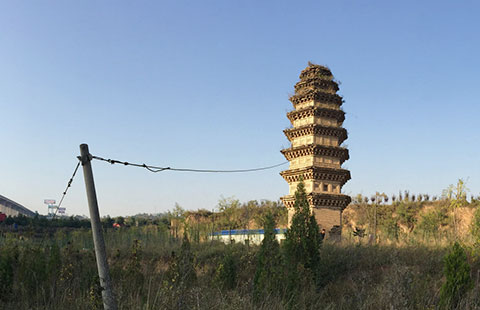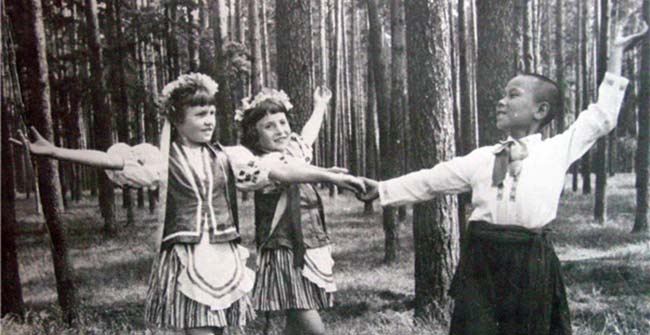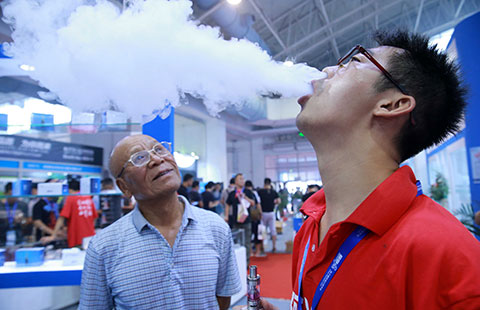Over 1 million Tibetan nomads choose settlement
(Xinhua) Updated: 2012-07-06 15:46Pasang, 38, moved to a settlement community in Nagqu prefecture of Tibet three years ago. A herder for more than two decades, Pasang took a break and started to earn a living by running a motorcycle repair shop in the town.
"I had thought I would be a herder for the whole of my life, just like my parents and grandparents," Pasang said. "But not any more."
"I am not totally comfortable being a city dweller," he admitted, "but I think life is good here, at least with a good income.
Like many settled herders, Pasang lived in a house incorporating typical Tibetan furnishing with expressive colors and pictures of deities. And the family bought themselves a television, a fridge, a heater and other home appliances that common city folk can have.
"All of these things would have been unthinkable if we had continued to live as nomads," Pasang said. "It is also easier to send kids to school or see a doctor now."
Migmar Tserin, head of Nyma county in Nagqu, said the settled herders had more choices for work. Some totally integrated into city life as shop owners, handicraft workers and drivers, while others still had jobs closely linked to herding.
Pasang said, while his repair business already prospered, he is thinking of expansion - maybe into the car repair business.
"Now more and more Tibetan families have cars, not just motorcycles," he explained. "There are good business opportunities. That is why I am learning car repair skills."
- Govt to spend $22b on bringing 98% rural areas online by 2020
- Taiwan flight-transfer talks continue
- China vows to increase support for refugees
- Scientists sink teeth into history of humans in Asia
- Official urges right path for mainland-Taiwan relations development
- Former vice police chief on trial for bribery
- Air force now able to launch long-range, precision strikes
- Cheating in civil servant exams means seven-year jail
- Uninsured clergy face retirement crisis
- Xi: Global reforms in urgent need







